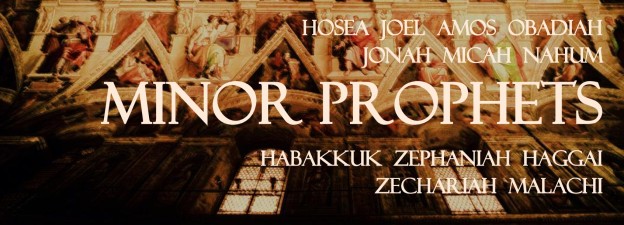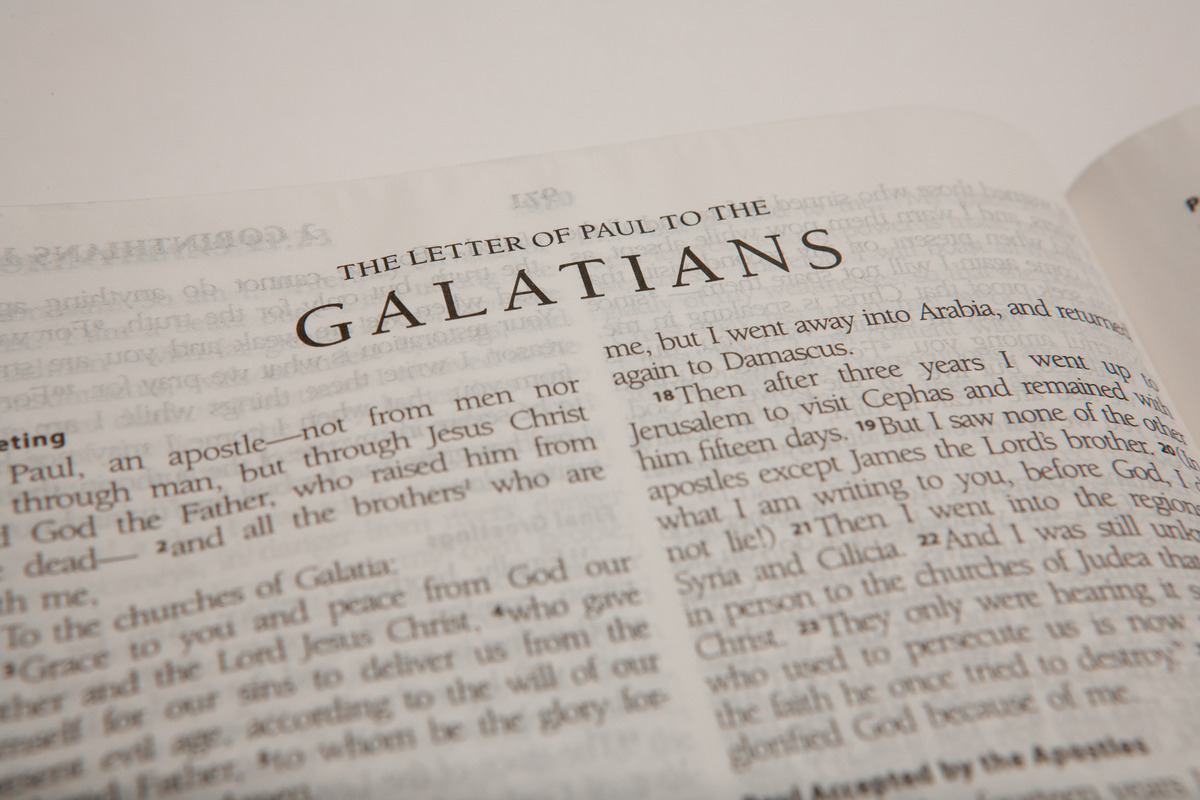"If You Faithfully Obey" -- Deuteronomy 28:1-20
 Wednesday, February 27, 2019 at 02:25PM
Wednesday, February 27, 2019 at 02:25PM 
An Introduction to the Minor Prophets (2)
God’s prophets have a very difficult task–they bring God’s words to a disobedient people who do not want to hear them. Those prophets whom we identify as “Minor Prophets” function as God’s process-servers, warning Israel of YHWH’s impending lawsuit against them. These prophets have the unpopular task of declaring that the covenant curses threatened to Israel are soon to be meted out because the people of God have repeatedly broken YHWH’s covenant. To fully understand the nature of their mission, we need to know something about Israel’s covenant with YHWH, as well as the nature of the covenant curses threatened to come upon God’s chosen people. What are the legal charges YHWH is bringing against his people through the mouths of his prophets?
We continue to establish some background for our series on the Minor Prophets. We move from considering the role which God’s prophets play in redemptive history (our topic last time), to the specific terms of the covenant God established with his people at Mount Sinai (Exodus 20), which is then renewed with them before the people entered the promised land as recounted in the final chapters of the Book of Deuteronomy (28-34)–a portion of which we will survey.
Recall that the people of Israel wandered through the wilderness of the Sinai desert for forty long years after leaving their bondage in Egypt. Led by the cloud by day and pillar of fire by night, miraculously they passed through the Red Sea on dry ground as those same waters destroyed the armies of Pharaoh. Israel was established as a nation when God gave them his law at Mount Sinai, making a national covenant between himself and his people–a covenant grounded in promised blessings upon their obedience, with covenant curses threatened should God’s people disobey him. Because of their disobedience many Israelites died in the wilderness without ever seeing the land which the Lord promised to give them. By the time we get to the closing chapters of Deuteronomy, the entire nation has passed through the wilderness and is now assembled on the plains of Moab, to the east of the Jordan River, just outside Canaan. Soon the people will cross the river and enter the “promised land.”
Before the people of Israel can enter Canaan under YHWH’s command to drive the Canaanites from his land, their covenant with their LORD must be renewed. Moses, their covenant mediator and the preeminent prophet in Old Testament, will read the terms of YHWH’s covenant to the assembled people, who, as Moses tells them in Deuteronomy 30:19, now stand before the Lord facing a fundamental choice between loving YHWH and obeying his commandments, or disobeying him and coming under his curse. The choice the Israelites faced that day was simple–life or death. Moses wrote down everything he said to Israel from the law of God as a binding record of God’s covenant and its requirements–that record of YHWH’s renewed covenant is the Book of Deuteronomy.
The scene in the closing chapters of Deuteronomy is dramatic and poignant. After forty years in the wilderness, God’s people are finally about to enter the promised land and receive the inheritance YHWH promised to them. This scene also has a certain poignancy about it, because Moses was prevented from entering the land because of his sin against YHWH. This is the last day of his life. Moses is 120 years old, and preparing YHWH’s covenant people for his death. Israel is about to enter the land of promise, but Moses will not be joining them. A successor must be appointed (Joshua) and the people must be reminded of the terms of their covenant with YHWH. They must know what they must do to possess the land they are about to enter, and they must know what to do to remain in possession of it. The terms of the covenant were given them first at Mount Sinai when the people assembled at the foot of the mountain while Moses, Aaron, and the elders were given the two tables of God’s law, and then renewed on this day at Moab, including hearing again the promise of blessing and threat of curse.
To read the rest of this sermon: Click Here









